D'var Torah
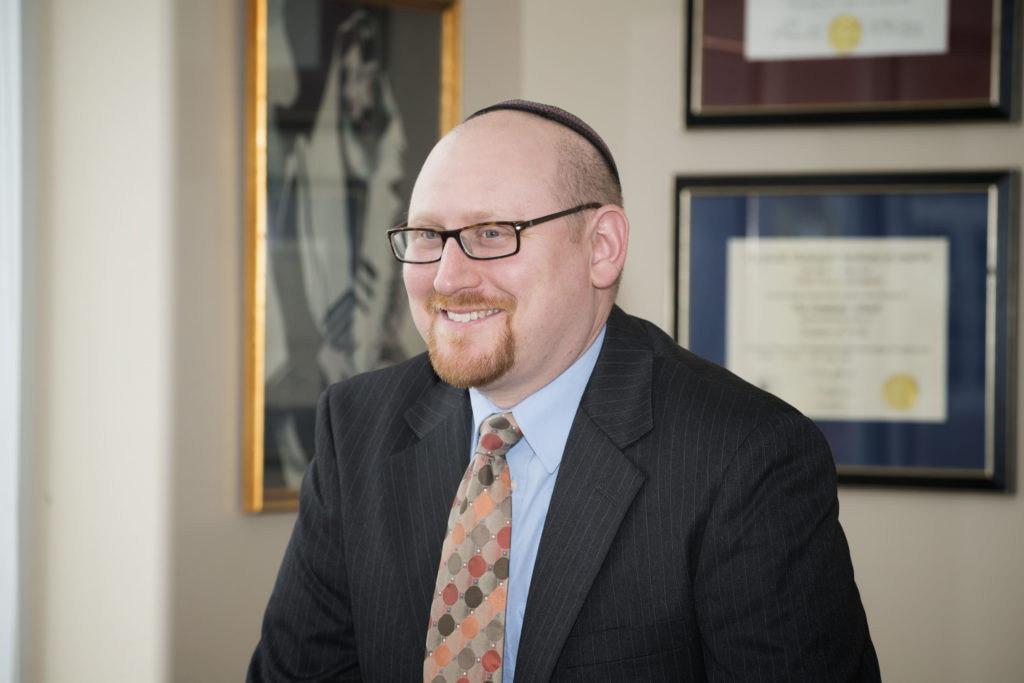
Jacob and Laban: How Not To Do Healthcare
A few months ago I received a letter from my health insurance company telling me that they were cancelling my insurance plan, and that as of December 31 I would have to find new coverage. I was not alone in this scenario, as this particular company cancelled plans in several counties in my state. The reason, as...
more
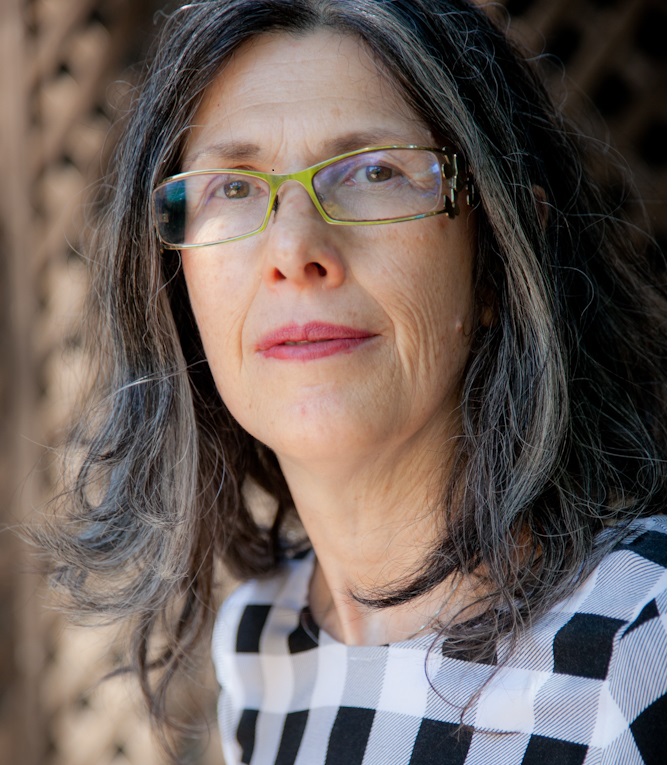
Hunger: Edom or Israel?
There were three hundred and sixty five thoroughfares in the great city of Rome, and in each there were three hundred and sixty five palaces; and in each palace, there were three hundred and sixty five stories and each story contained sufficient to provide the whole world with food. (Talmud Bavli Pesachim 118b) With less...
more
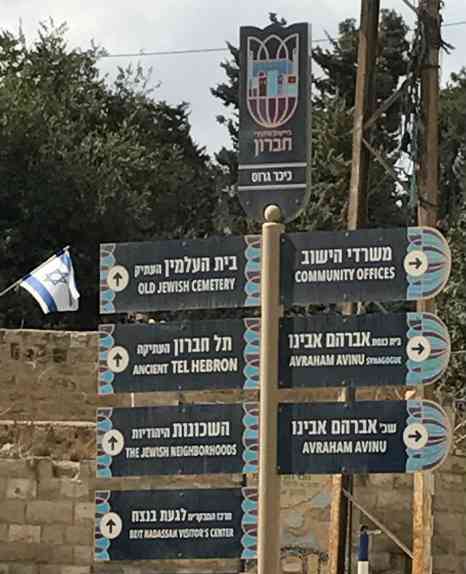
Signposts for a Troubling Future
Visiting Hebron, one of the first impressions that hits like a sucker-punch to the stomach is of a ghost town. Streets once bustling with thousands of Palestinians are now traversed almost exclusively by Israeli soldiers and settlers. Freedom of movement is squashed. Palestinian doors are welded shut and porches are caged in, ostensibly to protect...
more
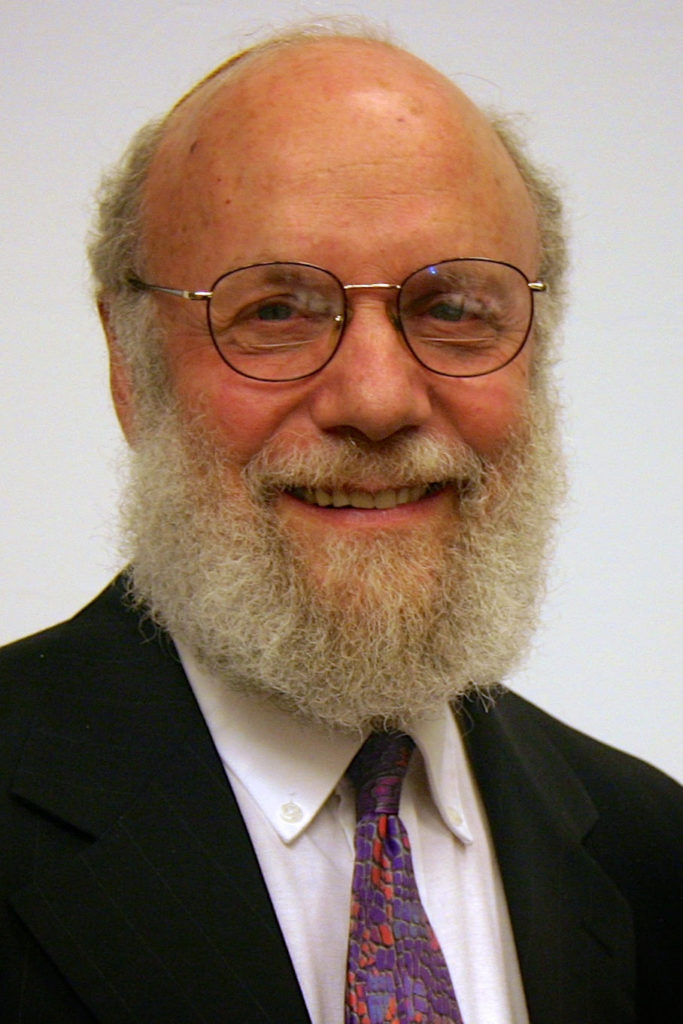
Controlling Anger
I never saw my beloved teacher, Abraham Joshua Heschel, lose control as he stood up for some of the most urgent issues of his time, civil rights for all, ending the war in Vietnam, and liberation for Soviet Jews. His words burned with passion as did his actions. His presence, the intense look in his...
more

The House Is Still On Fire
The Torah this week introduces us to Abraham and Sarah, our soon-to-be parents of monotheism. Each year, I find the call from God familiar, yet still chilling: ‘lech l’cha,’ get up and leave your place of familiarity and comfort to journey to this new place, one that you don’t know, but which will help to...
more
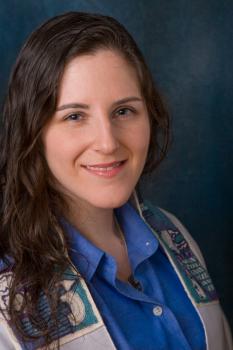
A Flood of Unsafe Water
On August 31st, 2005, I sat waiting for a connection in Brussels, coming back from a summer studying in Israel. I was about to begin rabbinical school in just a few weeks. TVs streamed footage of the devastation of Hurricane Katrina; it was the first I knew of it, having been cut off from most...
more
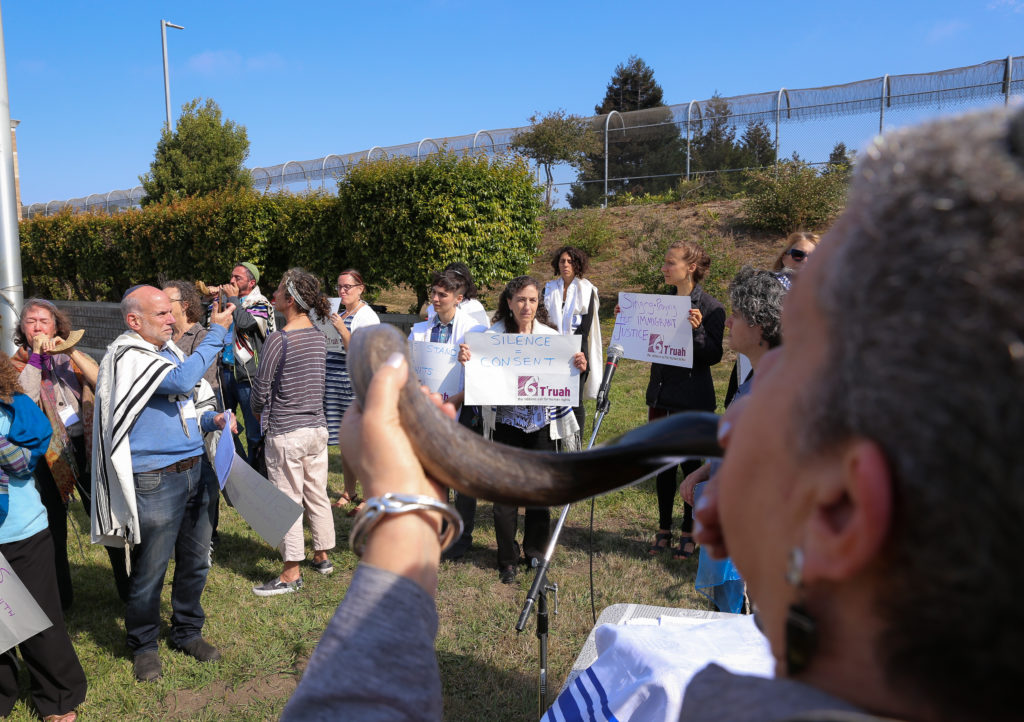
Spreading a Sukkah of Peace Over a Person in Sanctuary
My community in Boston, Nehar Shalom Community Synagogue, is part of a sanctuary cluster of six houses of worship—three Christian, three Jewish—supporting a man lacking immigration status who is currently a guest in one of the churches. I had the privilege to speak at a Sanctuary press conference during the deeply reflective days of turning...
more

The Land of Strangers
The midrash teaches that the first human/adam was created with soil from the ground / afar min ha’adamah from every direction, meaning from every place, so that no matter where the first human’s progeny wandered, they would still be at home. Wherever a person dies and is buried, their bodies will not be strangers to the soil,...
more
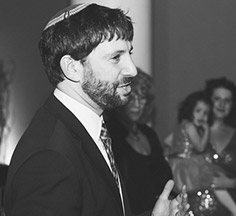
Lift Up Your Lulav And Yourself
This past summer, my family moved out of our cramped New York apartment and into a beautiful new home in western Massachusetts. The people are wonderful, there are farmstands selling local fruits and veggies everywhere, and there are lots of hiking trails minutes from our front door. But if you’ve ever moved to a new...
more

Al Chet Sh’chatanu
I felt rage and disappointment in their choices and positions. Being a rabbi in Texas meant I was constantly trying to connect our moral traditions to political action, while simultaneously removing any hint of partisanship from the conversation. For a long time, I walked the delicate balance, recognizing that while our values relate to our...
more
